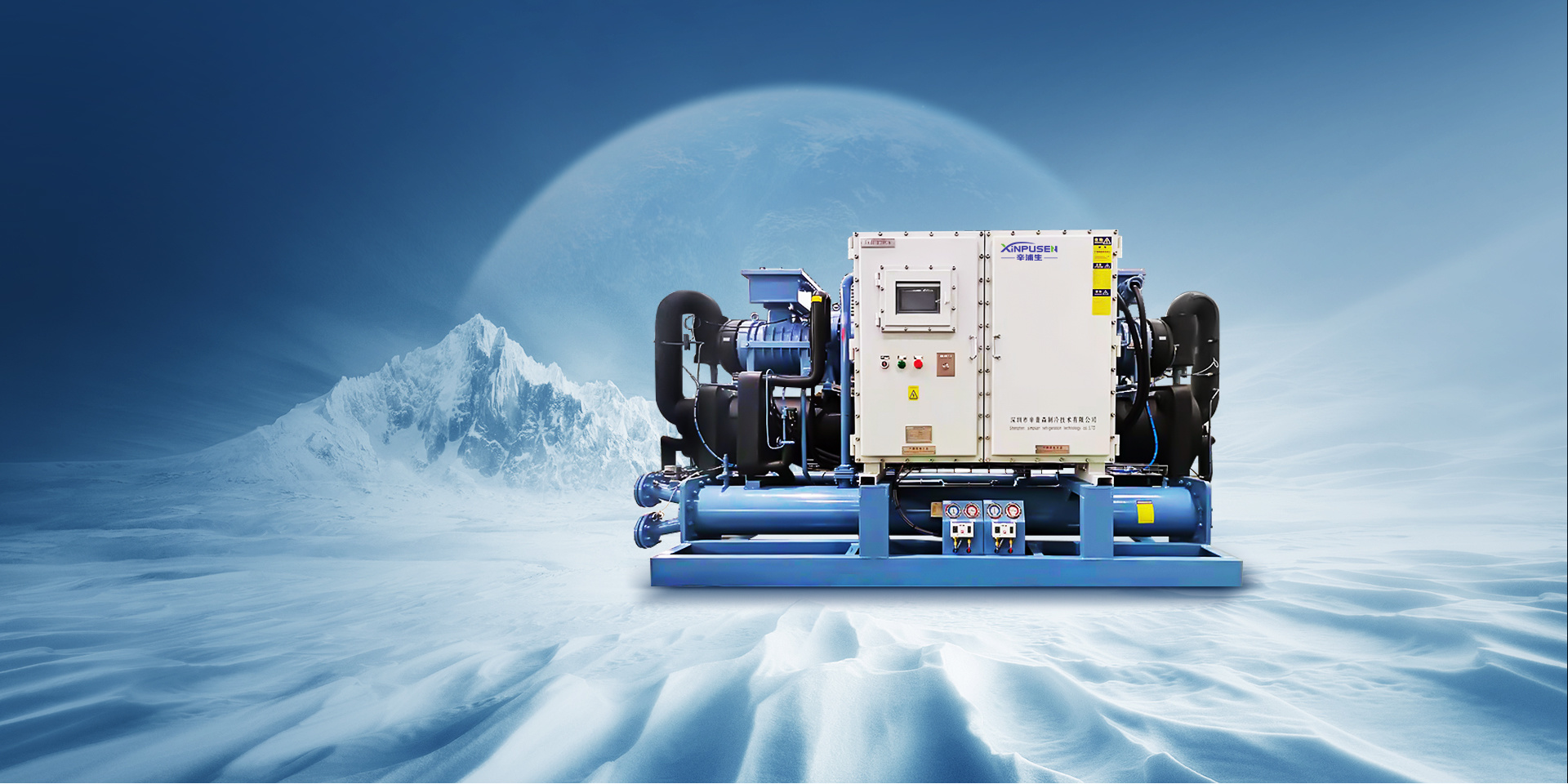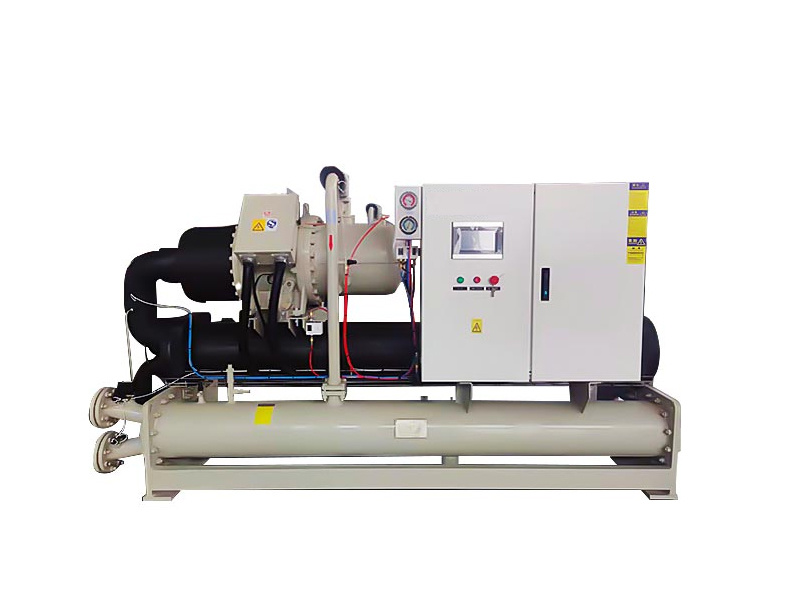Maximizing Energy Efficiency in Air-Cooled Low Temp Freezer Units: Essential Insights for Optimal Performance
2025-09-15 11:10
Maximizing Energy Efficiency in Air-Cooled Low Temp Freezer Units: Essential Insights for Optimal Performance
Table of Contents
1. Introduction to Energy Efficiency in Freezer Units
2. Understanding Air-Cooled Low Temp Freezer Units
2.1 What Are Air-Cooled Low Temp Freezer Units?
2.2 Advantages of Air-Cooled Systems
3. Importance of Energy Efficiency in Refrigeration
3.1 Environmental Impact
3.2 Economic Benefits
4. Factors Affecting Energy Efficiency
4.1 Compressor Efficiency
4.2 Heat Exchanger Design
4.3 Insulation Quality
5. Best Practices for Enhancing Energy Efficiency
5.1 Regular Maintenance and Inspections
5.2 Upgrading Components
5.3 Utilizing Smart Technology
6. Energy Efficiency Standards and Regulations
6.1 Understanding SEER and EER Ratings
6.2 Compliance with Energy Standards
7. Case Studies in Energy Efficiency Improvements
8. FAQs
9. Conclusion
1. Introduction to Energy Efficiency in Freezer Units
In today's rapidly changing industrial landscape, **energy efficiency** has become a cornerstone of operational excellence. Companies are now prioritizing sustainable practices not only to reduce costs but also to meet increasing environmental regulations. Specifically, air-cooled low temperature freezer units play a vital role in preserving temperature-sensitive products across various industries, including food and pharmaceuticals. Understanding how to optimize these systems can lead to significant savings and improved performance.
2. Understanding Air-Cooled Low Temp Freezer Units
2.1 What Are Air-Cooled Low Temp Freezer Units?
Air-cooled low temperature freezer units are refrigeration systems designed to maintain low temperatures for stored goods. Unlike water-cooled units, these systems rely on ambient air for heat dissipation, making them suitable for various environments, especially where water resources are limited.
2.2 Advantages of Air-Cooled Systems
Several benefits make air-cooled low temperature freezer units a popular choice among industries:
- **Lower Installation Costs**: These systems generally cost less to install because they do not require extensive plumbing for water cooling.
- **Reduced Maintenance Needs**: With fewer components, there is less to maintain, leading to lower long-term operational costs.
- **Flexibility in Location**: Air-cooled units can be placed in a variety of settings, providing versatility in facility design.
3. Importance of Energy Efficiency in Refrigeration
3.1 Environmental Impact
Energy consumption in refrigeration greatly affects environmental sustainability. By maximizing energy efficiency, facilities can significantly reduce their carbon footprint, contributing to global efforts against climate change.
3.2 Economic Benefits
Improving energy efficiency leads to direct cost savings. Companies can expect reduced electricity bills and minimized operational downtime, ensuring better overall profitability.
4. Factors Affecting Energy Efficiency
4.1 Compressor Efficiency
The compressor is the heart of any refrigeration unit. Its efficiency directly impacts the energy consumption of the entire system. Modern variable-speed compressors can adjust their performance based on demand, leading to substantial energy savings.
4.2 Heat Exchanger Design
Heat exchangers transfer heat between fluids and are critical in maintaining optimal operation. An efficient heat exchanger design can enhance heat transfer and reduce energy usage.
4.3 Insulation Quality
High-quality insulation prevents temperature loss and minimizes the workload on the refrigeration system. Investing in superior insulation materials can significantly lower energy consumption.
5. Best Practices for Enhancing Energy Efficiency
5.1 Regular Maintenance and Inspections
Routine maintenance is vital for optimal performance. Regular inspections can identify inefficiencies, such as refrigerant leaks or dirty coils, which can hinder performance and increase energy use.
5.2 Upgrading Components
Investing in advanced components such as high-efficiency compressors and variable-speed fans can enhance the overall efficiency of your freezer units.
5.3 Utilizing Smart Technology
Smart technology, including IoT devices and automation, can lead to significant energy savings. These technologies monitor performance in real-time and adjust operations automatically to optimize energy use.
6. Energy Efficiency Standards and Regulations
6.1 Understanding SEER and EER Ratings
The Seasonal Energy Efficiency Ratio (SEER) and Energy Efficiency Ratio (EER) are crucial metrics to understand when evaluating refrigeration systems. Higher ratings indicate better energy efficiency.
6.2 Compliance with Energy Standards
Adhering to energy efficiency standards is not just about compliance; it also provides a competitive advantage. Familiarizing yourself with local and international regulations can guide your purchasing decisions and operational practices.
7. Case Studies in Energy Efficiency Improvements
Real-world examples demonstrate the tangible benefits of improving energy efficiency. For instance, a large food distribution center implemented advanced compressor technology and smart monitoring systems, resulting in a 30% reduction in energy costs while maintaining product integrity. These success stories highlight the importance of investing in energy-efficient technologies.
8. FAQs
What is an air-cooled low temp freezer unit?
An air-cooled low temperature freezer unit is designed to maintain low temperatures using ambient air for cooling, making it suitable for various industrial applications.
How can I improve the energy efficiency of my freezer units?
Implement regular maintenance, upgrade to energy-efficient components, and utilize smart technologies to enhance performance and reduce energy consumption.
What are SEER and EER ratings?
SEER (Seasonal Energy Efficiency Ratio) and EER (Energy Efficiency Ratio) are metrics that measure the energy efficiency of refrigeration and air conditioning systems. Higher ratings indicate better efficiency.
What is the environmental impact of inefficient refrigeration systems?
Inefficient refrigeration systems contribute to higher greenhouse gas emissions and increased energy consumption, negatively affecting the environment.
Why is regular maintenance important for energy efficiency?
Regular maintenance helps identify inefficiencies, prevents costly repairs, and ensures that your refrigeration systems operate at peak performance levels.
9. Conclusion
In conclusion, understanding and optimizing energy efficiency in air-cooled low temperature freezer units is essential for companies striving to enhance their operational efficiency and sustainability. By focusing on key factors such as compressor efficiency, heat exchanger design, and insulation quality, businesses can realize significant energy savings and lower environmental impacts. Implementing best practices and staying compliant with energy efficiency standards not only improves profitability but also positions companies as responsible players in the industrial landscape. As we continue to prioritize sustainability, investing in energy-efficient technologies and practices will be crucial for future success.
Previous: best air-cooled low temp freezer unit
More Information
2026-03-02
Understanding the Advantages of Water-Cooled Screw Chillers for Industrial Applications
2026-02-24
quality air cooled industrial chiller
2026-02-23
Essential Insights into Air Cooled Industrial Chillers: Efficiency, Selection, and Maintenance
2026-02-16
What to Expect During the Installation of Air Cooled Industrial Chillers: A Comprehensive Guide
2026-03-02
Understanding the Advantages of Water-Cooled Screw Chillers for Industrial Applications









 CN
CN EN
EN


